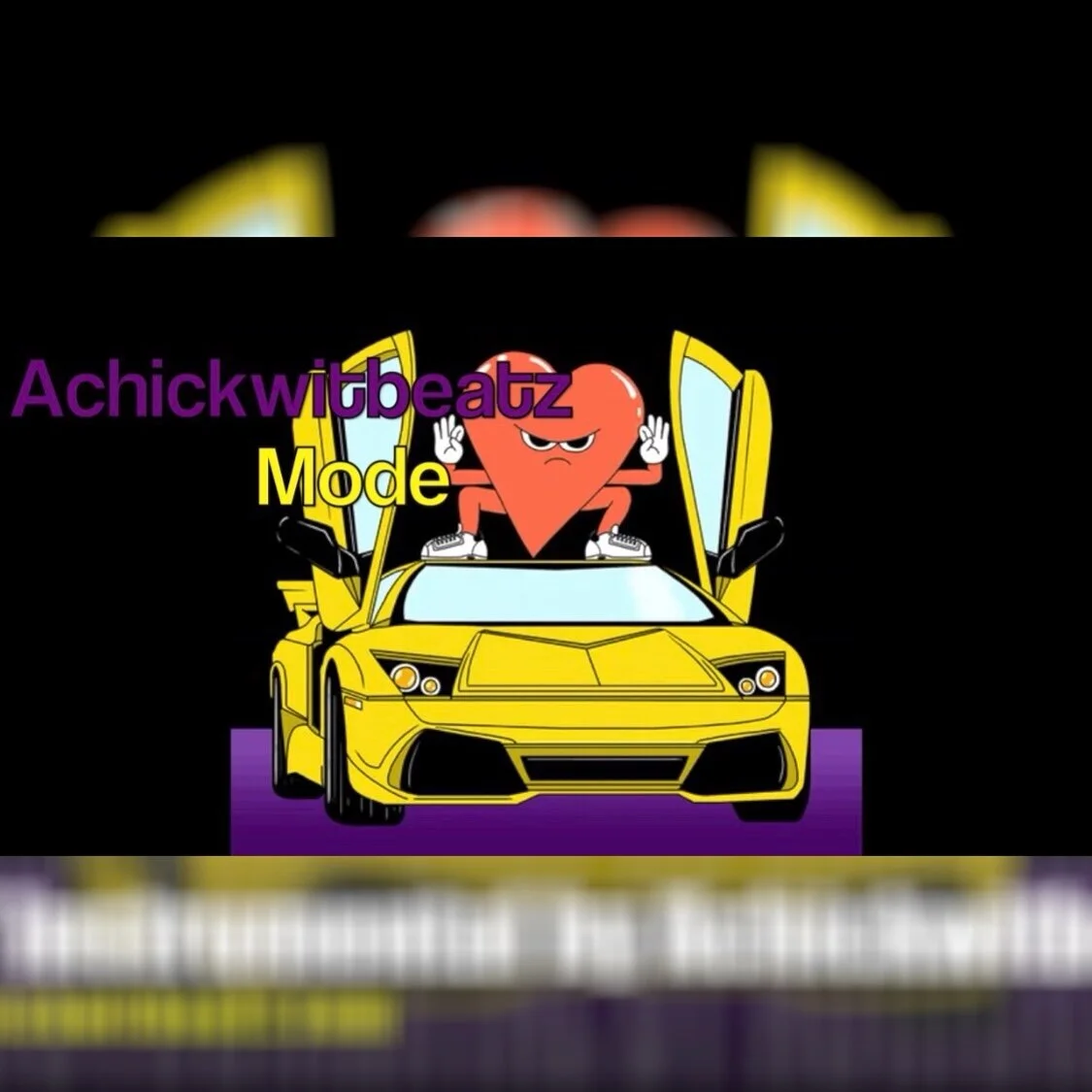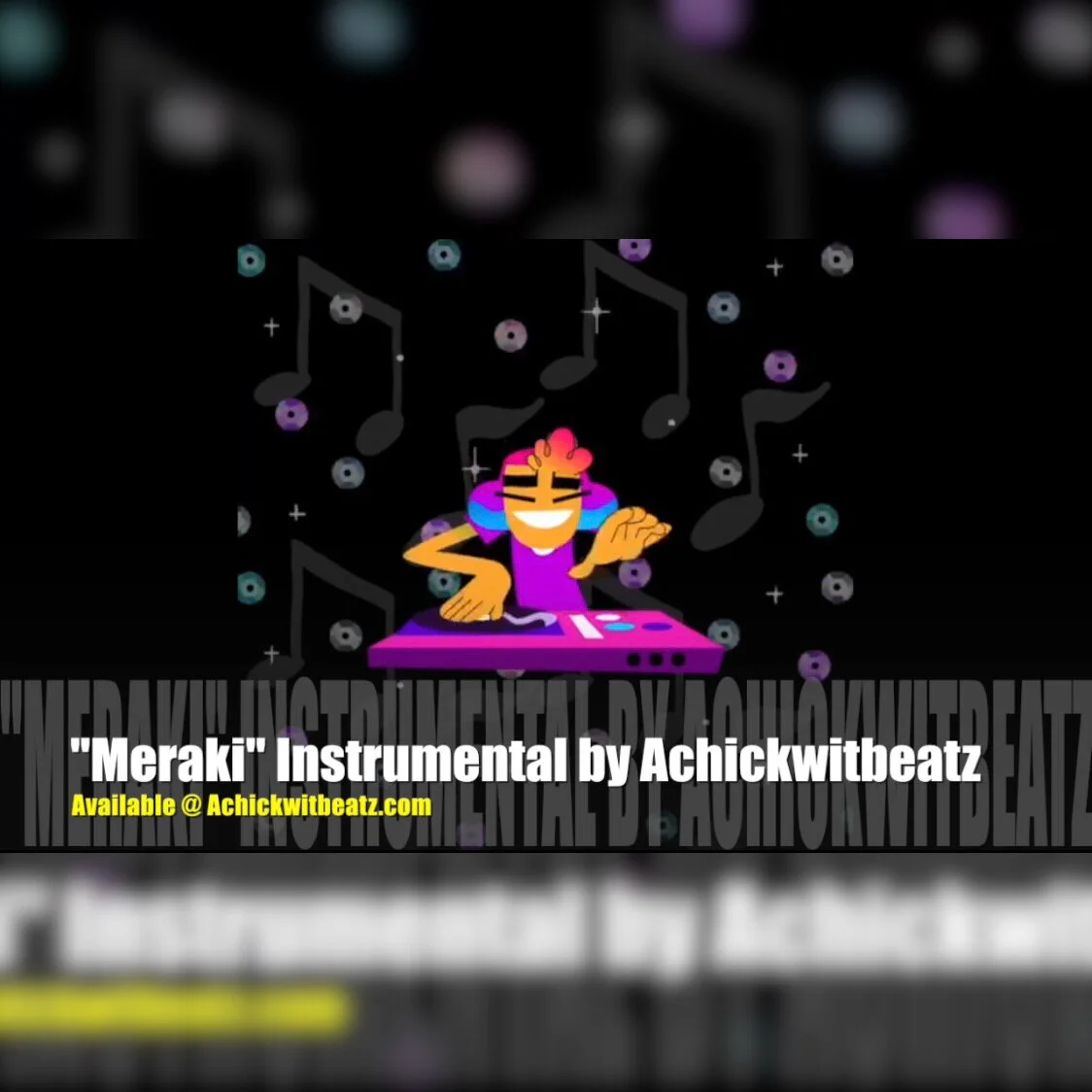Live shows remain one of the most direct and rewarding ways for independent artists to connect with audiences, but filling those seats increasingly depends on how well you sell tickets online. While social media and streaming help with exposure, the ticketing process is where genuine fans commit to showing up. Through research into online ticketing trends and the experiences of artists across different stages of their careers, it’s clear that understanding the right tools, strategies, and timing makes all the difference in maximizing turnout and revenue.
Choose the Right Ticketing Platform
Photo by appshunter.io on Unsplash
Selling tickets online starts with selecting a platform that fits your scale and audience. Large platforms like Eventbrite and Ticketmaster have broad reach, but they also come with fees that can cut into profits. On the other hand, artist-focused services like DICE, See Tickets, and Withfriends offer better fan data and community tools that can be valuable for smaller acts.
When researching ticketing platforms, pay attention to:
Ease of setup and integration: The ticketing page should be simple to customize and embed on your website, Linktree, or social profiles.
Data access: Look for tools that share detailed buyer information (within privacy limits) so you can retarget those fans later.
Mobile optimization: A majority of ticket purchases happen on mobile devices, so the checkout process should be quick and mobile-friendly.
Payment options and fees: Compare how much each platform deducts per transaction, and whether it supports flexible payment methods like Apple Pay, Google Pay, or PayPal.
Selecting a platform goes beyond a technical choice because it literally shapes how fans experience the buying process, which can influence how many actually complete their purchase.
Simplify the Buying Process
Photo by Vitaly Gariev on Unsplash
Even a small amount of friction can stop someone from completing a ticket purchase. Research across e-commerce consistently shows that people abandon checkout when it feels confusing or time-consuming. The same principle applies to ticket sales.
To reduce barriers:
Limit unnecessary clicks: Link directly to your ticket page from every promotional post.
Avoid redirects: If fans have to click through multiple pages before buying, you risk losing them.
Make your ticket link visible: Add it to your social bios, email signature, and event descriptions.
Clarify event details: Include the venue address, time, age restrictions, and refund policy upfront.
The goal is to make the transaction effortless so potential attendees can act immediately when they’re most excited about your event.
Use Tiered Pricing and Early Bird Incentives
Photo by Markus Spiske on Unsplash
Many independent artists overlook pricing strategy, but small changes can bring meaningful results. Tiered pricing (such as offering early bird discounts or VIP upgrades) creates a sense of urgency and value without needing a massive budget.
Some useful structures include:
Early bird tickets: Reward fans who commit early with a lower price. This helps gauge interest and fund upfront costs.
Limited VIP options: Include extras like exclusive merch or meet-and-greet access for a slightly higher price point.
Group or bundle discounts: Encourage fans to bring friends, boosting both attendance and visibility.
These tactics encourage fans to act sooner rather than later while giving you valuable insights into your audience’s willingness to pay.
Promote Across Multiple Channels Strategically
Photo by Panos Sakalakis on Unsplash
Promoting ticket links requires more than repetition, you need strategic placement and timing. Different audiences respond differently across platforms, so spreading awareness requires a multi-channel approach that feels organic.
Start by building a calendar for your promo rollout:
Email marketing: Send a direct, concise announcement to your mailing list with the ticket link front and center.
Social media posts and stories: Alternate between countdowns, behind-the-scenes content, and short video invites to keep engagement fresh.
Event listings: Post your show on Facebook Events, Bandsintown, Songkick, and local event calendars.
Collaborations: Ask other artists on the lineup or the venue itself to cross-promote to their followers.
Consistency and timing matter. Posting once or twice right before the event rarely reaches enough people. Instead, plan a gradual buildup over a few weeks to keep momentum going.
Track Sales and Adjust in Real Time
Photo by Strvnge Films on Unsplash
Selling tickets online gives you data that used to be inaccessible in traditional box office sales. You can see how many tickets are sold at different points in your campaign and adjust your marketing efforts accordingly.
Monitor these key insights:
Traffic sources: Find out where buyers are coming from (social media, email, direct links).
Sales spikes: Identify when sales increase (after a specific post, email, or collaboration).
Conversion rates: See how many people clicked your link versus how many actually bought tickets.
If you notice that sales slow down mid-promotion, consider adding new incentives like a “48-hour flash discount” or a short behind-the-scenes video to re-engage potential buyers. Small tweaks like these can make a big difference in the final turnout.
Keep Building Your Audience After the Show
Photo by Marielle Ursua on Unsplash
Ticket sales don’t end at the door. Every event creates a new opportunity to strengthen relationships with the people who showed up and to turn them into recurring fans.
After your gig, take time to:
Thank attendees: A simple post-show email or social media shoutout helps maintain connection.
Collect feedback: Use polls or quick surveys to learn how attendees found the event and what made them decide to come.
Retarget buyers: Add your ticket buyers to your mailing list (if permitted) to notify them about future shows or releases.
These follow-up steps are key to sustainable growth. They transform one-time attendees into repeat supporters who are more likely to bring others along next time.
Selling tickets online effectively is about creating a smooth, engaging journey from discovery to purchase. By researching platforms, optimizing your checkout process, experimenting with pricing, promoting strategically, and tracking your data, you can steadily increase attendance and build stronger relationships with your audience. Every show becomes a learning opportunity that moves you closer to a loyal, growing fanbase both online and in person.
- Art
- Independent Labels
- Internet Radio
- Music Documentaries
- Album Reviews
- Music History
- Music Industry News
- Free Game Friday
- Free Downloads
- Poetry
- Books
- Interviews
- Did You See It?!
- Hip Hop History
- Hear Here
- Music News
- Hip Hop Documentaries
- Music Marvels Radio Show
- Think Piece Thursday
- Mini Documentaries
- Instrumental Intel
- Music Humor
- Indie Analysis
- Conversations & Quotables
- Music
- Resources for Artists
- Podcasts
- Beats/Instrumentals
- Music Education
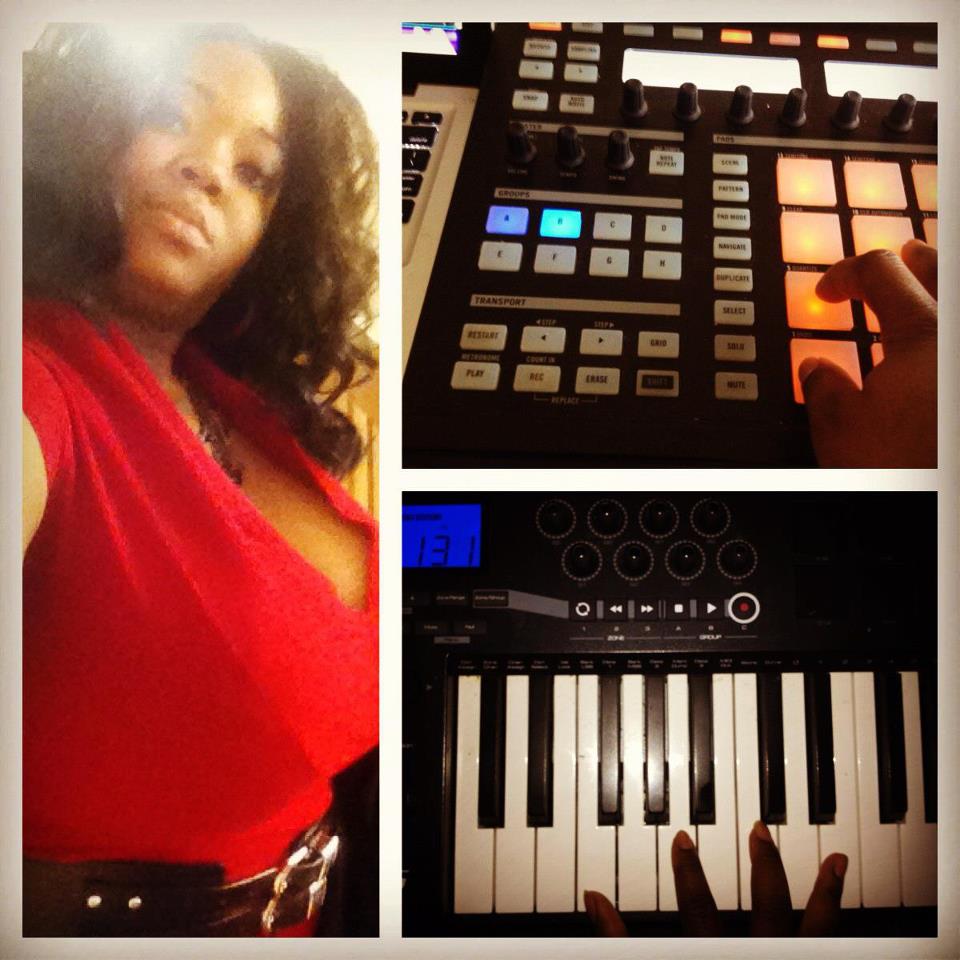


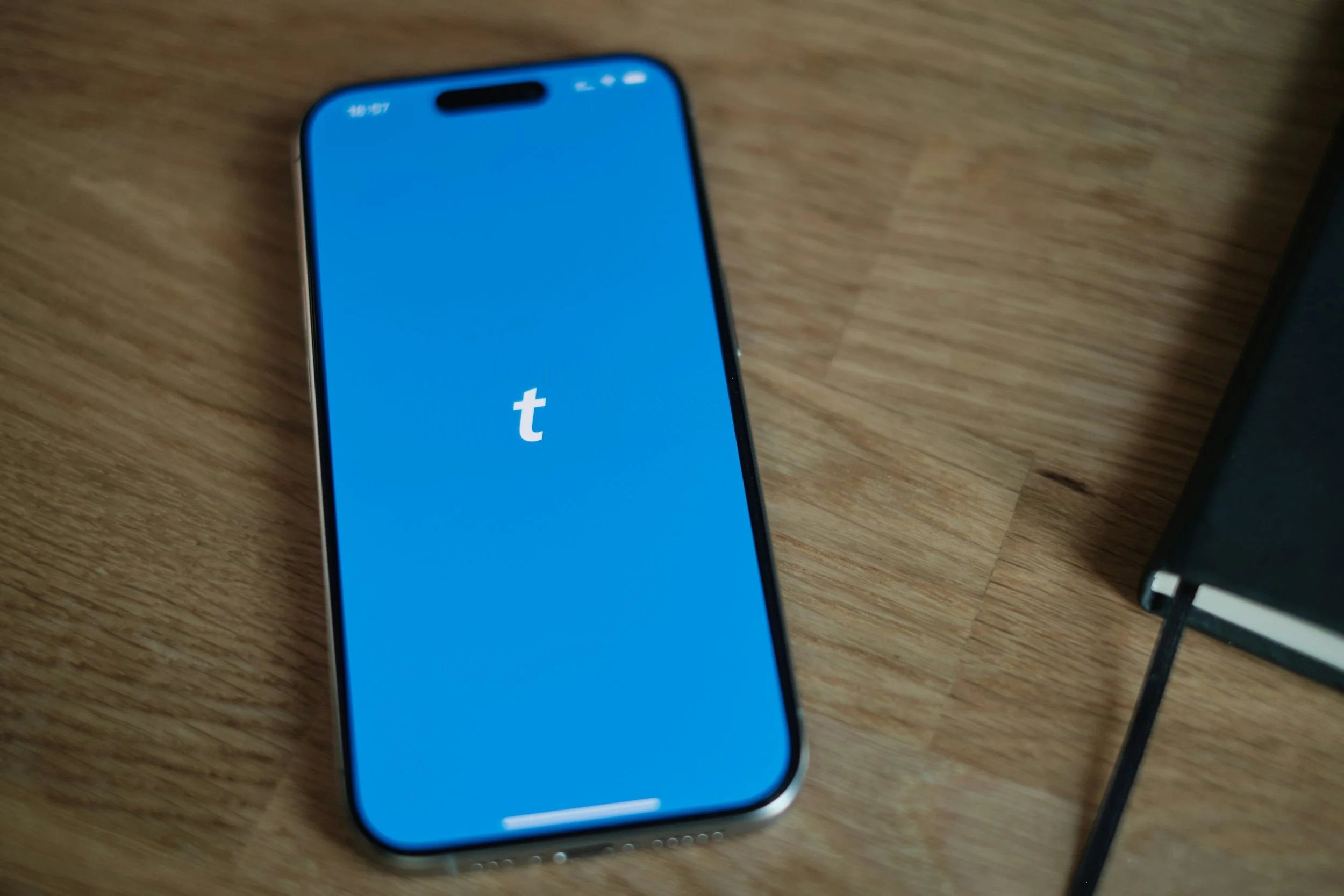


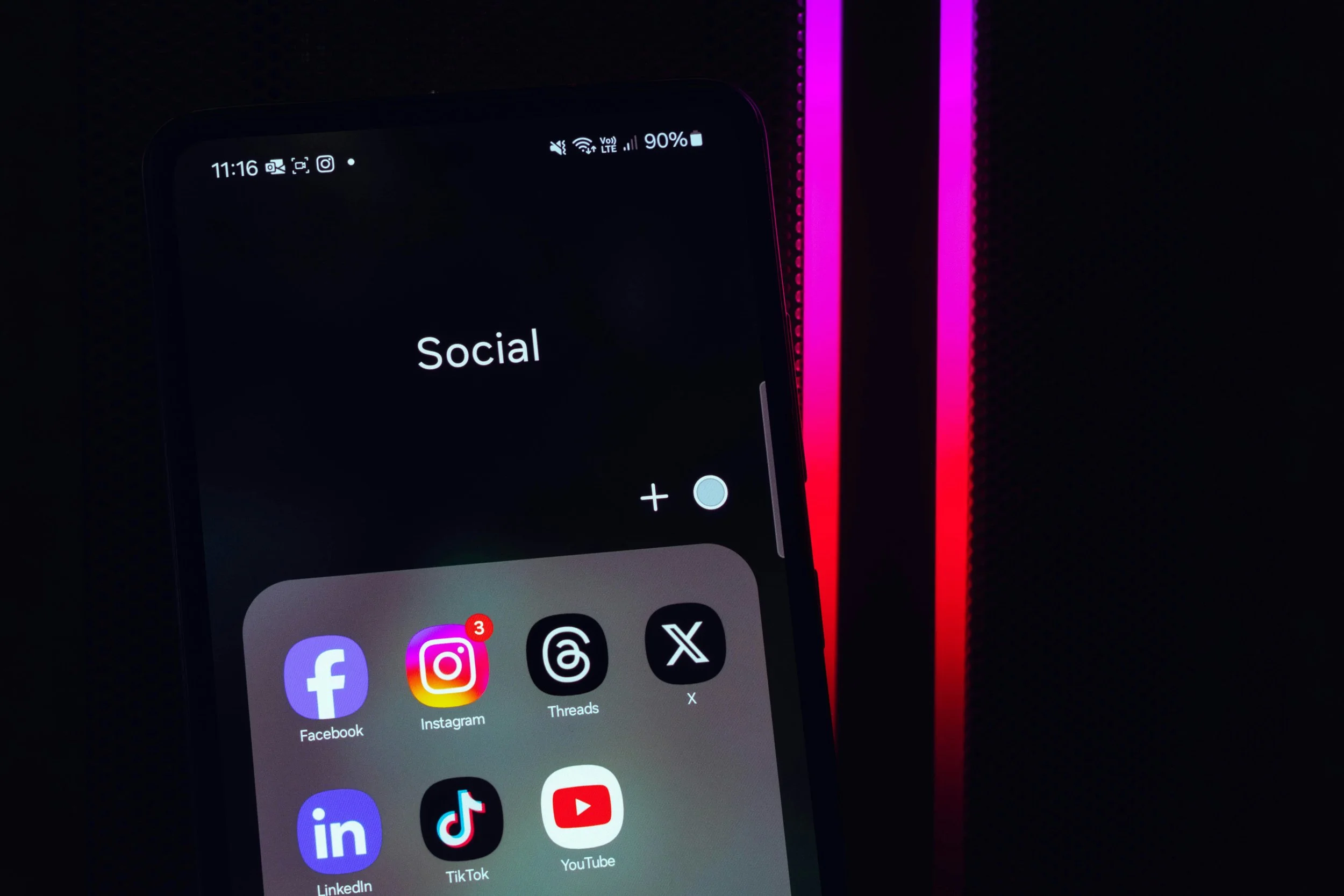
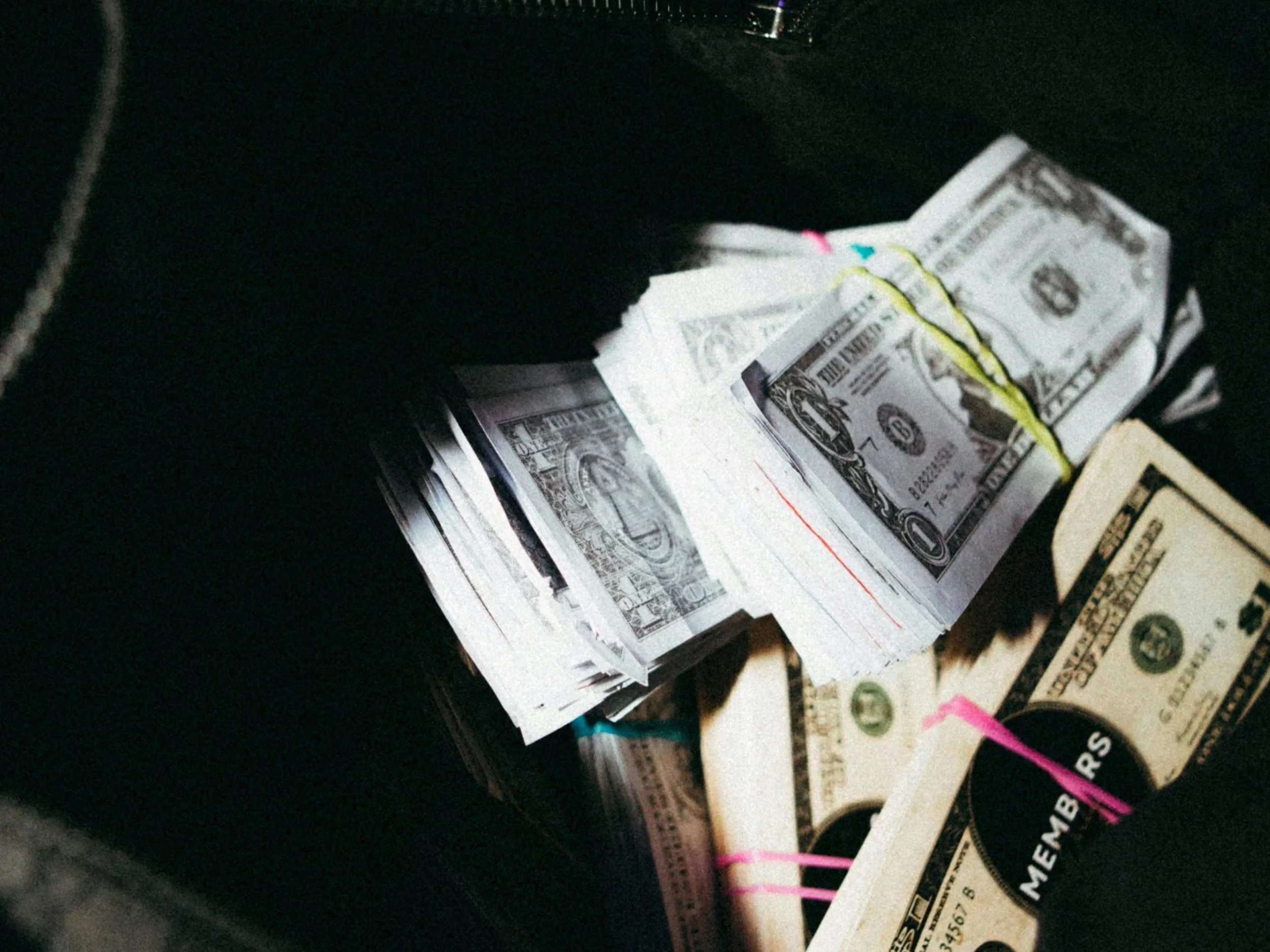


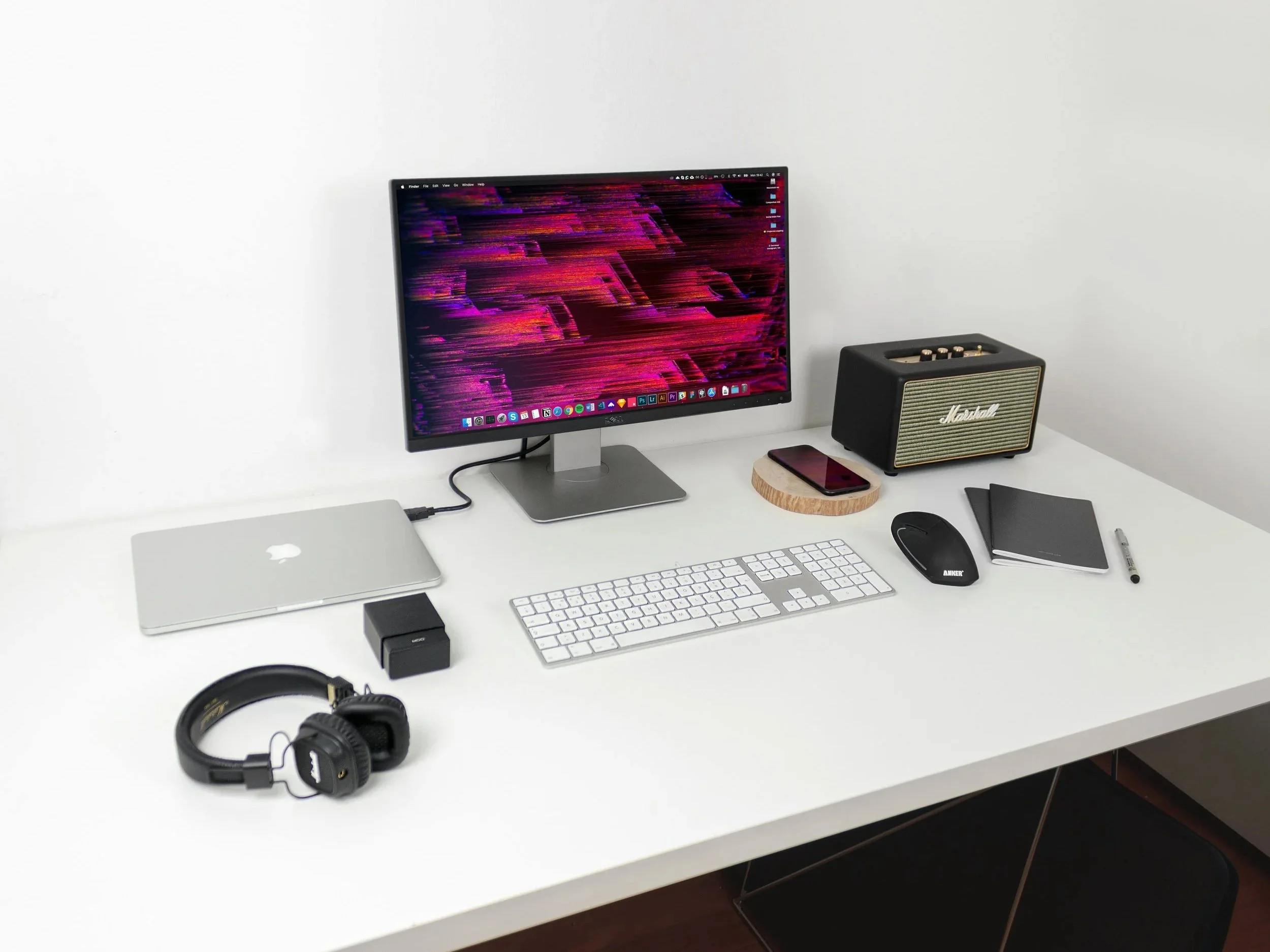


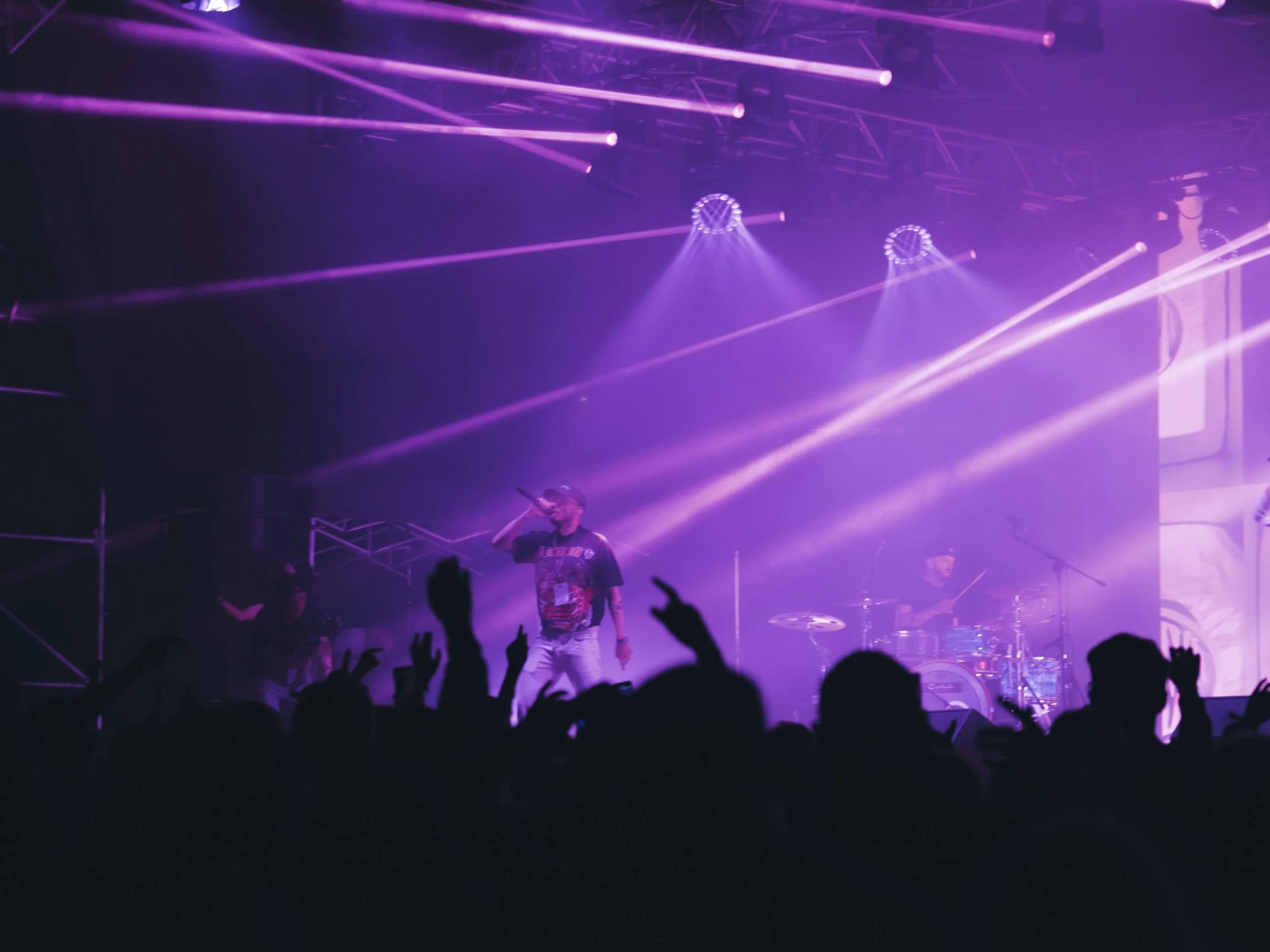




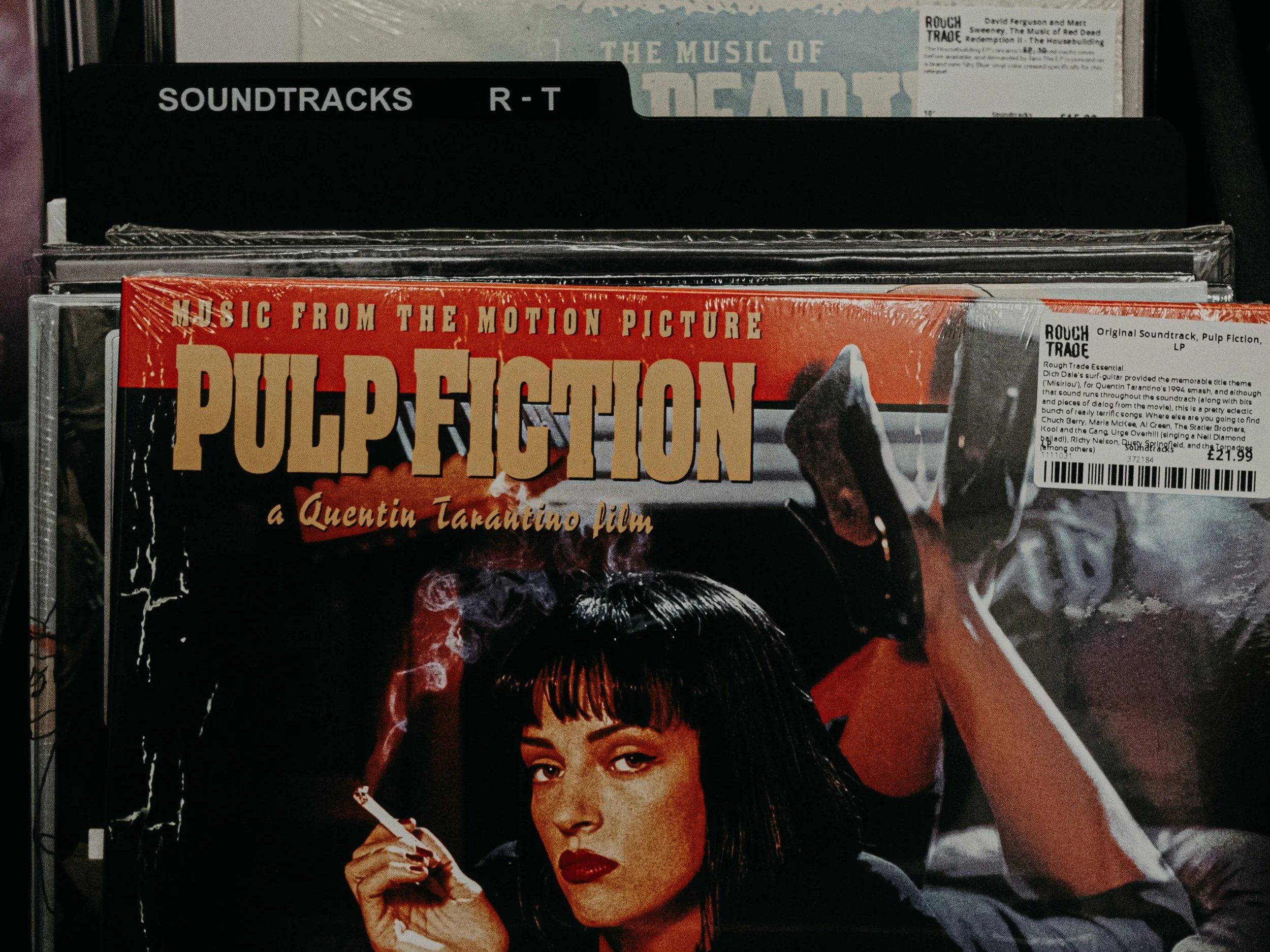







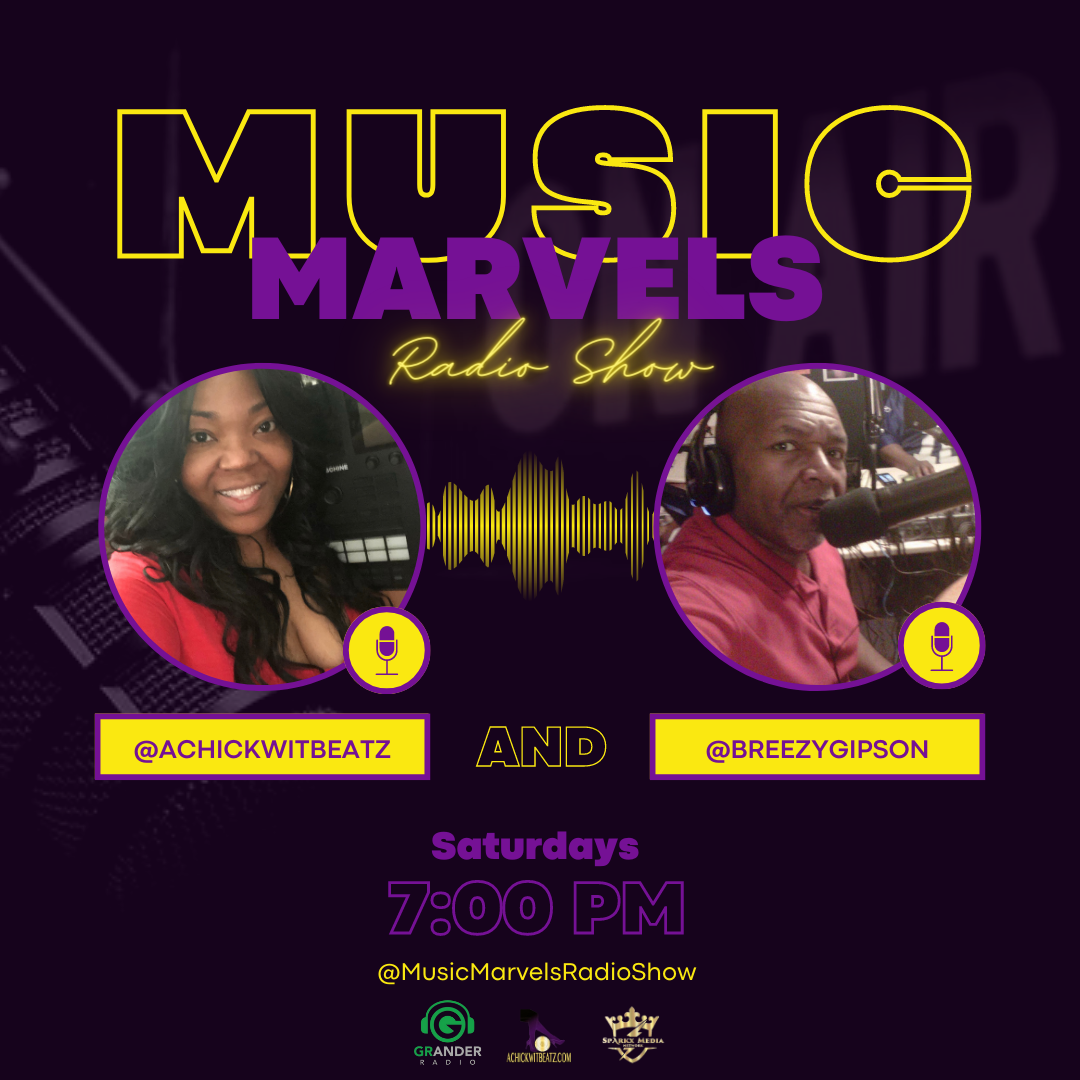
![Hear Here: Achickwitbeatz - Dopamine & Serotonin [Single]](https://images.squarespace-cdn.com/content/v1/52b0b90ae4b0293bfed0d692/1710852808557-EZYGFDIBHLBSIRFOVS1Q/Dopamine+%26+Serotonin.JPG)


